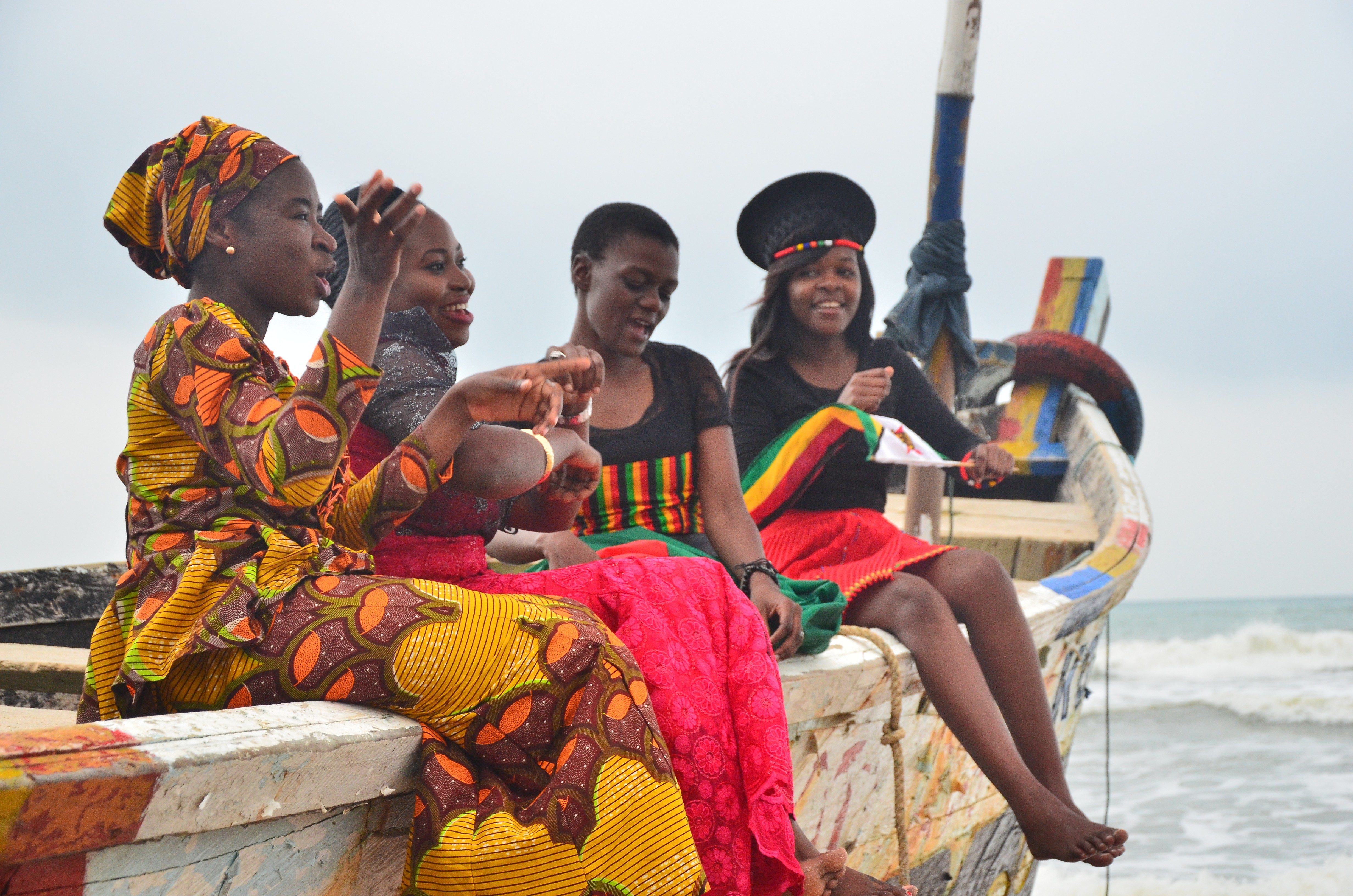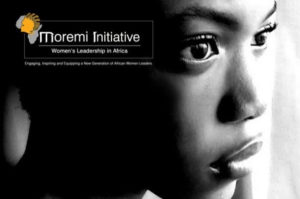Despite the world’s collective governance having experienced decades of crises involving human suffering, it has failed to grasp after all this time that it is impossible to save lives while clinging to idealistic principles unfit for emergency situations. In the case of the Chibok girls crisis, the idealistic principle in question is that of non-negotiation with terrorists. The goal is to avoid sparking further use of terrorism by demonstrating that it will never work in terms of achieving specific demands. It is a noble idea–the question is, is it worth the lives of over 200 girls?
Other principles have been used in other crises in the past, leading to similar questions. Was upholding the ideal of free speech worth the thousands of Tutsi lives lost through hate radio, which was often used to broadcast the location those hiding from the Rwandan genocidaires? A telegram from the United States government in 1994 stated as much. Was respecting national sovereignty worth the lives lost in numerous other conflicts where invasion might have stabilized the situation? How is it determined whether such principles can be overridden or not? Is it acceptable that when they arise, the matter can simply be dropped?
The reality is that crises require uncomfortable decisions, and it must be understood that a completely satisfactory response will not often be available. Information is not always sufficient to provide a clearly right choice; even when it is, there may be ethical principles that may stand between action and inaction. So far, these principles have given decision-makers a chance to shake their heads solemnly and explain that their hands are tied. Should this pattern continue, or do there need to be mechanisms in place to determine when certain principles should be overridden? Because if President Jonathan’s daughter were among the girls, I doubt there would be such hesitation despite any moral obstacles–meaning that it is possible to act.
Thus, I challenge those charged with securing the Chibok girls’ return to untie their hands. This is not the first time that a decision has been made difficult due to its conflict with an ethical principle. If the lives of the girls are worth it, this principle must be put aside for now. If they are not worth it, say so–don’t hide behind this excuse. I challenge the decision-makers to ask themselves what they would do if these were their own daughters. I question their right to weigh options when they can go home every night to their comfortable, safe, beds, and pray for the girls. I question their right to pray and put this in the hands of God when they are the only ones situated on earth to answer that prayer.
Boko Haram is not going to release the girls without an incentive. We must negotiate with them. It is the only way. If there is a concern about embarrassment or an appearance of impotence of the Nigerian government, it can be assured that the government can look no more impotent than it does now.
The time for deliberations was months ago, when Boko Haram was making regular attacks on a smaller scale. There was plenty of time then to decide how to take care of the problem, if there had been political will. Now is not the time to catch up: now it is an emergency. At all costs, the girls must be rescued. The government, not the girls, should pay the price for prior negligence.
One more minute is too much. Do we not understand that each moment, they are suffering? That they may die? Does that not matter more than a desire to avoid making deals with terrorists? To imply that this is acceptable while we deliberate is to imply that they are already damaged goods and they can surely take a bit more. That is not true. Weeks ago, two were found half-dead, tied to a tree. Others have died. They died because those entrusted with their protection failed to carry out their responsibility. Every moment we wait, their situation worsens. We do not have time.
When the girls are rescued, those still alive will tell of the atrocities they have suffered. They will tell of waiting every day to come home. They will see the tweets and the Facebook posts. They will ask why the protests of their parents and supporters were scorned and later banned in Abuja. They will ask why their lives were not worth enough for us to try harder.



